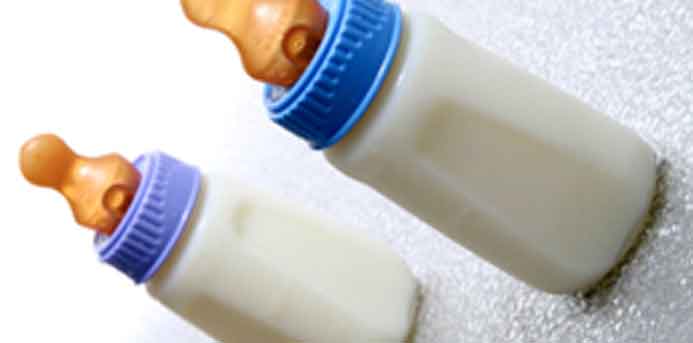Breastfeeding is perhaps the most fundamental act of love that exists. After all, it provides a newborn with all the nutrition to grow and the necessary vitamins and minerals to fight disease and infection, while, at the same time, it is an essential bonding experience for both mother and baby.
To quote author Pamela Wiggins: “Breastfeeding is a mother’s gift to herself, her baby and the earth.
However, in light of recent scientific findings that indicate there may be high levels of toxins in breast milk, many are worried this sacred act may not be the best choice for their baby.
Avoiding these toxins appears nearly impossible as they enter our systems on a daily basis. In her article, published in “The New York Times” in January 2005, writer Florence Williams explains: “If, as Cicero said, your face tells the story of your mind, your breast milk tells the decades-old story of your diet, your neighborhood and, increasingly, your household décor.”
Fire retardants containing potent neurotoxins called PCBs and PBDEs are used for pillows and mattresses and consequently are absorbed into our system. These toxins can remain in human tissue for decades, meaning that not only your child but also your grandchildren will be consuming these toxins. When we come into contact with chemicals such as PBDEs and PCBs, the toxins build homes in our system and become the virtual makeup of our breast milk.
Though these findings are certainly alarming, doctors and experts still stress that breast milk is better than formula: Its makeup is inimitable. Babies who are breast-fed still receive the most essential antibodies necessary to fight diseases, infections and even the very toxins found in breast milk and the environment. Talk about a catch-22!
Williams deftly sums up this modern conundrum by saying: “Ultimately, though, the question for me as a mother is not at what threshold of exposure will my baby be harmed, but why are we manufacturing common products made with these toxins at all?”
This question has prompted many to take action, including the group Making Our Milk Safe (MOMS). MOMS works to educate the public on the danger of these toxins and calls for government action to ban chemicals that can harm breastfed infants. Their Web site, www.safemilk.org, has a variety of resources, articles and updates on current efforts to pass legislation.
For more information, check out these links:

